SIOR Special Report: Opportunities in Reuse
Panelists at the Los Angeles conference explored the potential of conversion projects and the challenges they present.
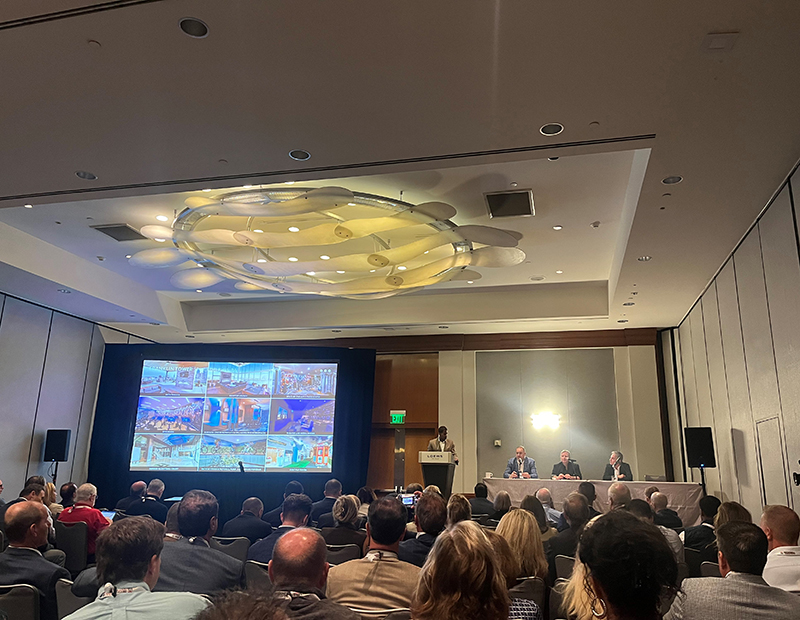
At the Society of Industrial and Office Realtors’ Fall 2024 event, panelists weighed in on the various opportunities to be found in a challenging market environment, as well as on ways to empower brokers.
Successfully navigating uncertain economic cycles and periods of elevated capital costs often hinges on a collaborative effort to ensure deals are financially viable.
Panelists and attendees at the Los Angeles conference were alike in expressing optimism. And one business opportunity that took center stage was adaptive reuse and conversion projects.
During a panel titled “ReUse & REImagine: Finding Opportunities for Surplus Office Space”, development, operation and design experts came together to talk about how reuse projects are penciling. With a massive national oversupply of office space, CRE is finding creative ways to get capital moving, create new projects and reach an office supply and demand equilibrium.
“The concept isn’t terribly new,” Kelly Farrell, a global leader of Gensler’s residential practice, said of reuse and conversion projects. Office-to-school and office-to-hotel developments have been happening for years. It’s more a matter of location and viability.
When first evaluating the potential for a reuse project, Patrick Chraghchian, founder, principal & CEO of Adept, said that location is the first place to start. Then, other variables include amenities and market potential.
“And then you get into the technical things like: What does the skin of the building look like? Is the mechanical and electrical going to be maintained?” Chraghchian said. Things like entitlements and technicalities can be more complicated for reuse projects than for ground-up developments.
David Wilson, president of real estate development, Ryan Cos. U.S. Inc, noted that for the most part, office-to-hospitality and office-to-residential conversions make the most sense in urban locations. Reconversions in suburban locations are more fit for office-to-office or office-to-mixed-use.
For brokers, owners and investors that are seeking reuse opportunities outside of office-to-residential or office-to-office, Farrell recommended looking at office-to-education. Lots of buildings have the potential to be converted into schools, medical offices or even laboratory space, depending on the bones.
Maximizing pricing
Another important thing to know at the beginning of any conversion project is pricing.
“For any conversion, costs are always going to be underestimated,” Wilson said. When comparing to ground-up developments, reuse projects need lenders that understand the project vision. And city, state and federal incentives can be the key. “To get the deal penciled, incentives just have to be there.”
Chraghchian similarly stated that for a conversion project to pencil, you have to put together the right team, including the right investors and lenders.
“I don’t want to sound too negative, there are a lot of advantages,” Chraghchian said of reuse projects. “But in a lot of areas, office-to-multifamily is cost prohibitive. Going in having a financial team that understands this is very important.”
The potential upsides to finding the right conversion or reuse project are massive. First, investors, owners and operators have the ability to maximize their returns on previously underperforming assets. Architects and designers land new and enticing projects. And the surrounding neighborhoods and communities benefit too.
“We are really excited when projects change communities for the better,” Farrell said. “It sounds altruistic, but when they change for the better, you get to keep designing in them. It’s work that helps move communities forward and then gives the opportunity to do more work.”

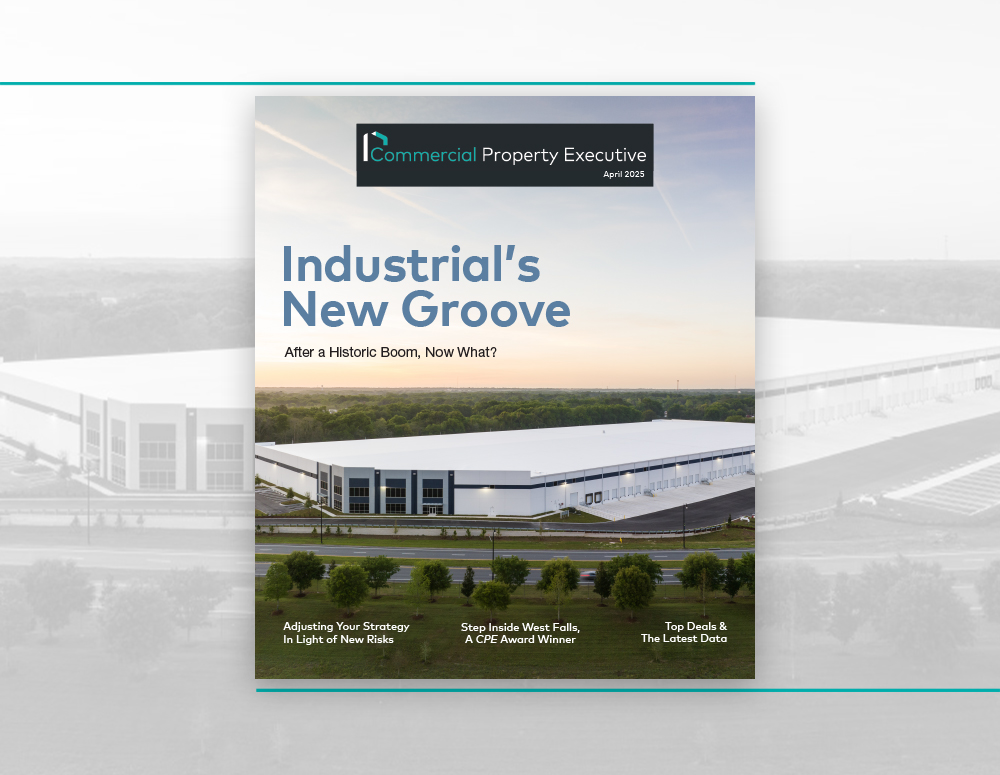
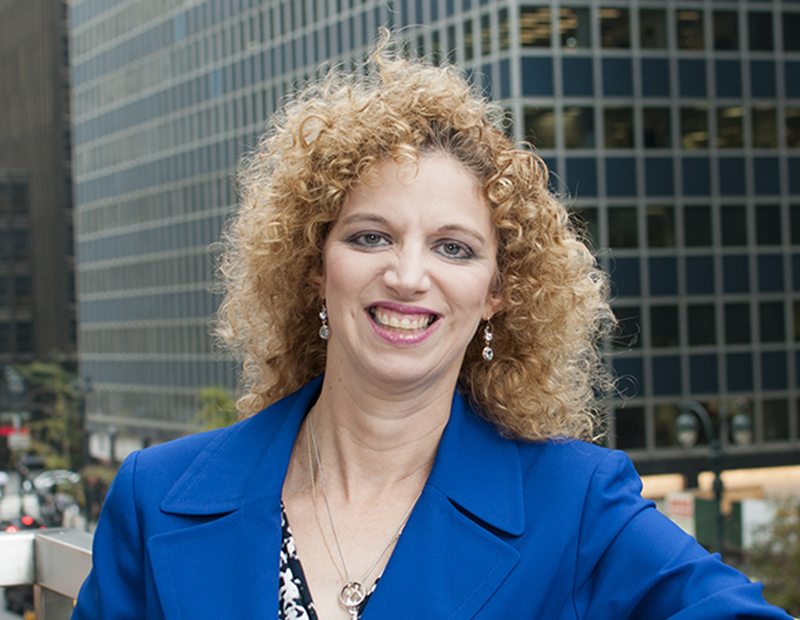
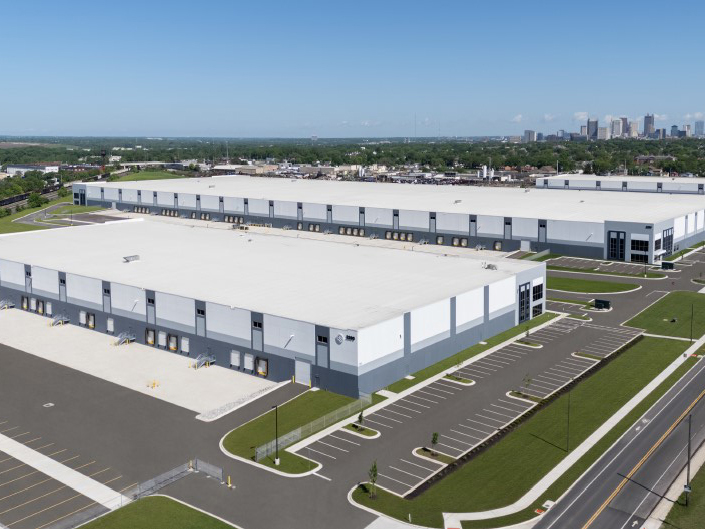


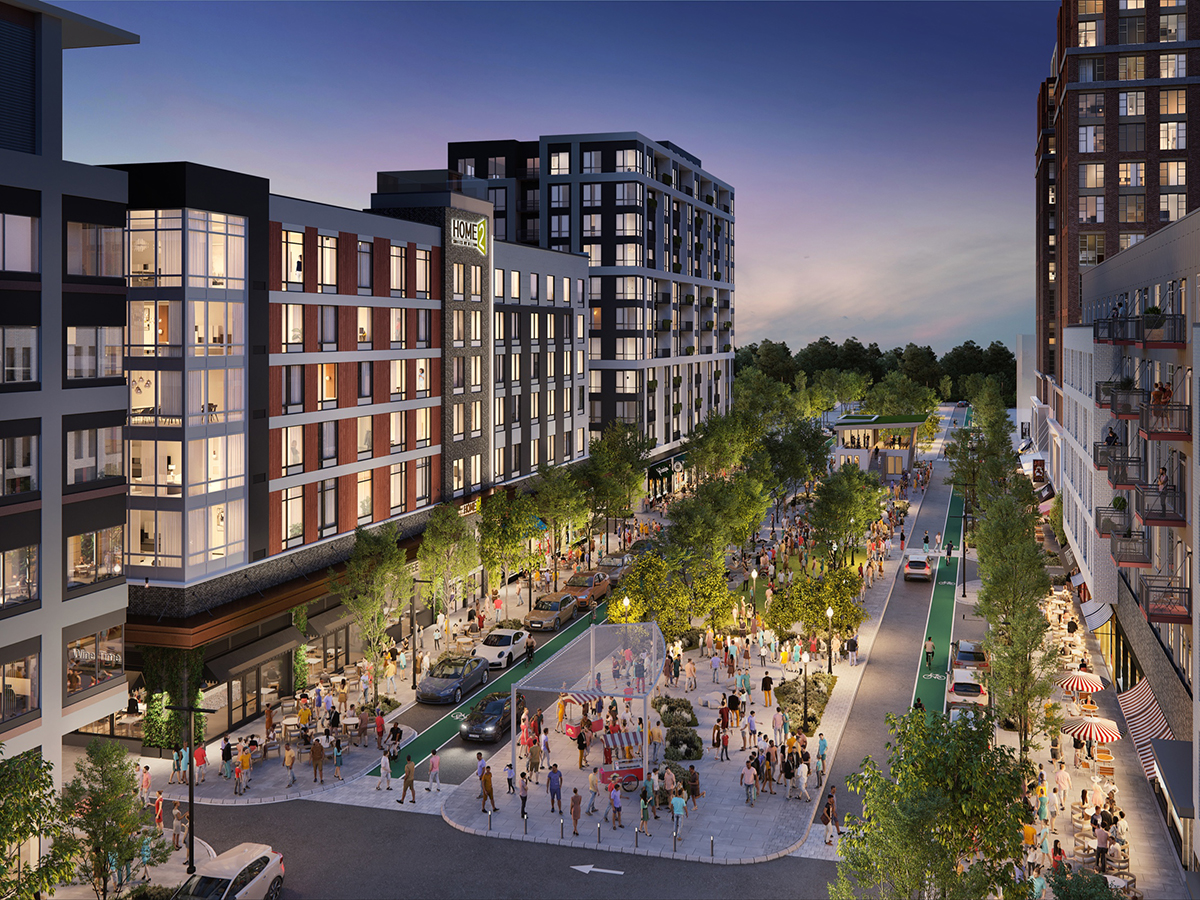
You must be logged in to post a comment.